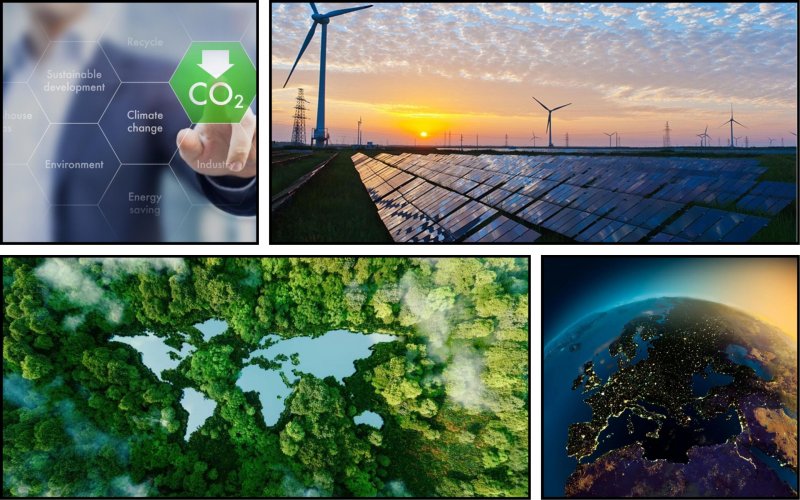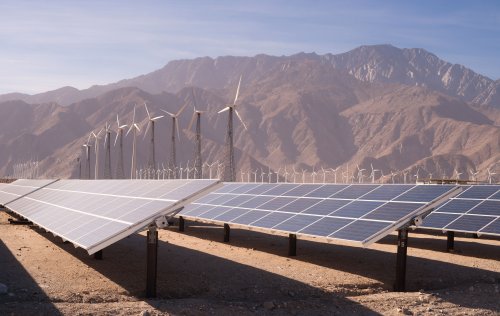Research by the British think tank Ember showed that in 107 out of 215 countries in the world, the peak of electricity production from fossil fuels passed at least five years ago.
Carbon emissions from electricity in these countries have fallen by almost 20% over the past decade, reports Ember.
Analysts emphasized that countries that have passed the peak of fossil fuel use at least a year later provide 50% of global demand. This creates the basis for further reductions in emissions in the global energy sector.
They told that 78 post-peak economies replaced fossil energy with green energy. Although 45 of them have a demand for electricity increased.
The EU, Oceania (Australia and a number of Pacific islands) and North America are already in fossil energy decline, with fossil fuel production down by 30%, 20% and 15%, respectively, it said. Additionally, fossil energy production has plateaued in Africa, Latin America, and the Caribbean.
Analysts highlighted that the only regions that have not yet reached this peak are Asia and the Middle East. However, some countries are already having significant success. For example, Vietnam cut fossil fuel production by 16% in three years, while Jordan and the UAE are almost five years after their peak.
They assume that 2023-2024 will usher in an era of falling emissions in the energy sector.
The peak is said to be an important milestone for the global green transition. However, to achieve climate neutrality by 2050, wind and solar generation must provide about 40% of the world's electricity by 2030.
Under the International Energy Agency's net-zero emissions scenario, tripling global renewable energy capacity by 2030 is the largest measure to limit global warming to 1.5°C.
"Few people realize that the energy sectors of many countries are already at the stage of decline of fossil fuels. For many countries, this has been done at the same time as demand for electricity has increased, said Dave Jones, head of Global Insights, Ember. "We are on the threshold of a new era of fossil fuel reduction in the global energy sector."
Earlier, EcoPolitic wrote, that the International Energy Agency called on rich and developing countries to dramatically strengthen emission reduction targets, to limit global warming to 1.5°C.
As EcoPolitic previously reported, a report by the International Energy Agency (IEA) showed that the share of renewable energy in global electricity production may exceed coal generation as early as 2024.





